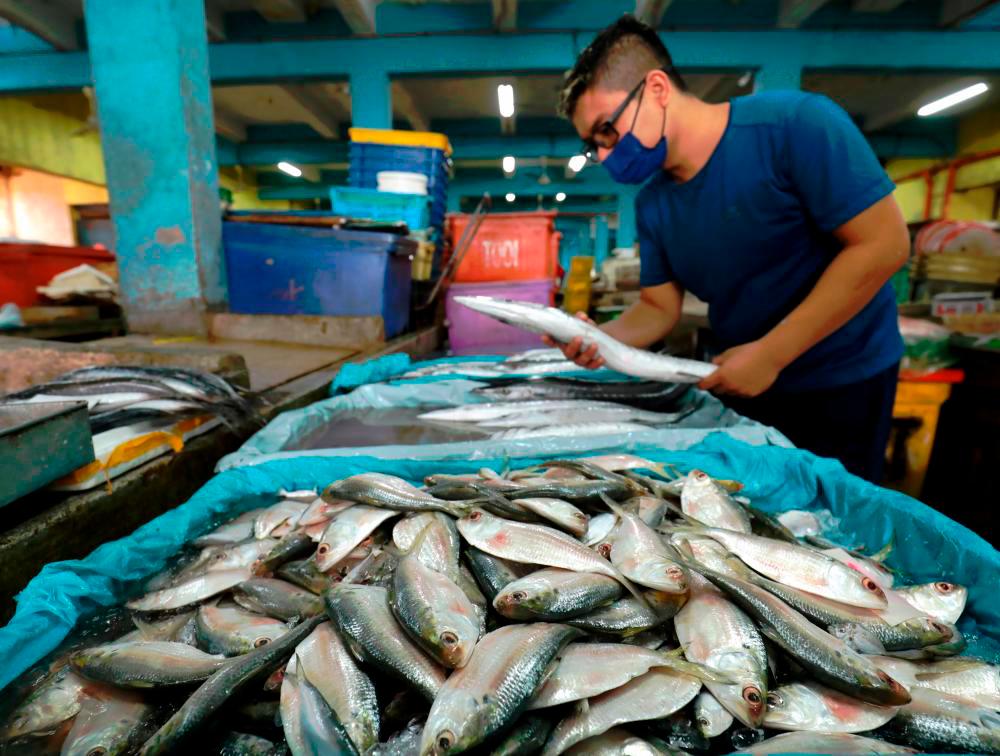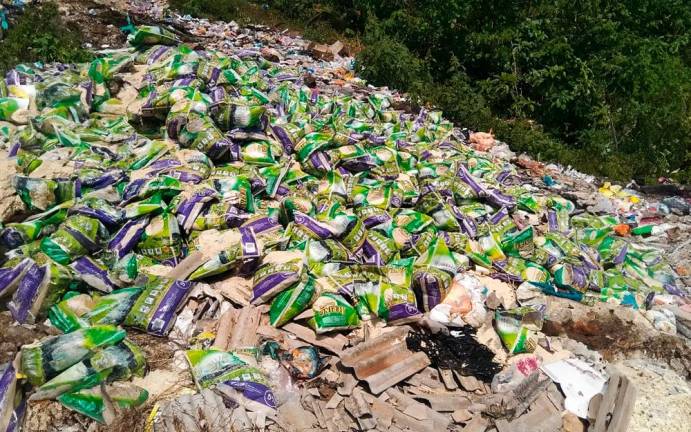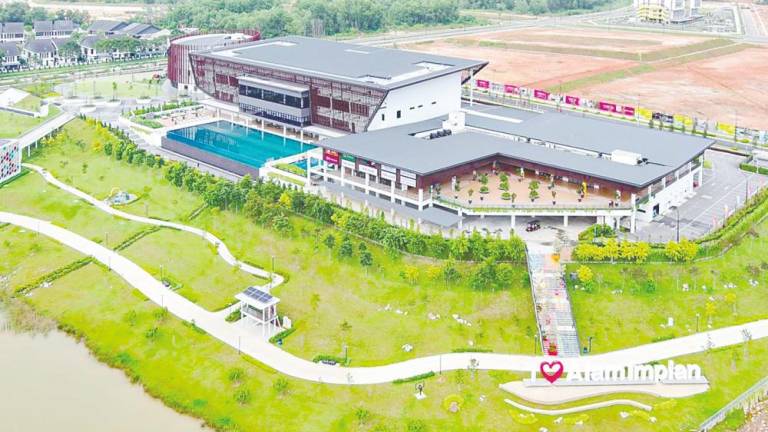ONE day, Malaysians may no longer be able to enjoy their beloved char kuey teow with cockles or savour the delicacy of siput sedut if we we do not take steps to protect our coasts and mangroves.
As we commemorate World Environment Day, we recognise that the responsibility to safeguard the abundant resources of Malaysia’s coasts lies in our hands.
Malaysia boasts a wealth of marine biodiversity and has gained global recognition for its seafood production, contributing 2% of the global marine capture in 2018, as reported by the Food and Agriculture Organisation.
Our coastal areas are home to a wide range of fish, crabs, shrimps, snails and clams that have been an important source of protein for our nation for centuries.
According to the Fisheries Department, coastal fishery is the major contributor (82%) to Malaysia’s fishery production.
However, coastal fish species are now facing grave threats stemming from overexploitation, habitat loss due to land development, pollution and climate change. If these threats continue, obtaining seafood will become increasingly challenging, with smaller catches, higher prices and contamination by microplastics and heavy metals.
Mangrove forests are key to the coastal ecosystems, serving as nurseries and breeding grounds for many essential fishery species. Hence, implementing prudent coastal management, particularly in preserving mangroves, is imperative to ensure the sustainability of Malaysia’s seafood supply.
Effective coastal management can promote and ensure the sustainable use of our natural resources. The aim is to strike a balance between the exploitation of fishery resources and the conservation of biodiversity.
An exemplary initiative in this direction is being undertaken by the University of Nottingham Malaysia, which is spearheading a research project on biomonitoring of coastal fish species in mangroves using environmental DNA (eDNA) metabarcoding.
This innovative approach involves the collection of water samples from mangroves and the analysis of fish DNA remnants, enabling the assessment of fish communities without relying on traditional nets. This non-invasive method provides invaluable information on the distribution, movement and potential abundance of fish populations, which is useful for the decision-making process regarding fishing quotas and ecosystem management. Ultimately, this can lead to more sustainable fishing practices and healthier coastal ecosystems.
Considering the increasing demand for seafood in Malaysia and the decline in our wild fish stock, it is crucial for policymakers, industries and the public to collaborate proactively to ensure the implementation of sustainable fishery management.
Policymakers should prioritise and expand biomonitoring efforts in mangroves, and utilise it for land use planning and fishery stock management.
By adopting eDNA metabarcoding as a biomonitoring tool, survey coverage can be significantly increased, enabling quicker and more efficient field sampling processes.
In coastal areas, with significant human pressures and overexploitation, it is crucial to introduce sustainable fishing practices and provide alternative livelihood options for local communities.
Private industries should invest in research and development to discover innovative ways to reduce negative impacts on coastal ecosystems, such as mangroves.
For example, Korean companies are actively innovating AI- and drone-guided fish harvesting techniques to minimise fish waste. Such innovations can promote responsible fishing operations, reduce bycatch, prevent overfishing and preserve fish habitats.
The public can contribute by making conscious choices to support sustainable seafood production. When buying seafood, it is important to look for certification from credible organisations, such as the Marine Stewardship Council and Aquaculture Stewardship Council.
In addition, the public can be mindful of fishing and industrial activities in mangroves, and promptly report any unlawful practices to the authorities.
By taking these measures, Malaysia can safeguard its seafood supply, ensuring its abundance and health for future generations.
Sustainable fishery and effective coastal management will not only benefit Malaysia’s fishing industry but also the overall health of our coastal waters, local biodiversity and human populations.
Together, we can work to protect our coasts so that future generations can continue to benefit from our bountiful seas.
Happy World Environment Day.
The writer is an Assistant Professor, School of Environmental and Geographical Sciences at University of Nottingham Malaysia. Comments: letters@thesundaily.com














